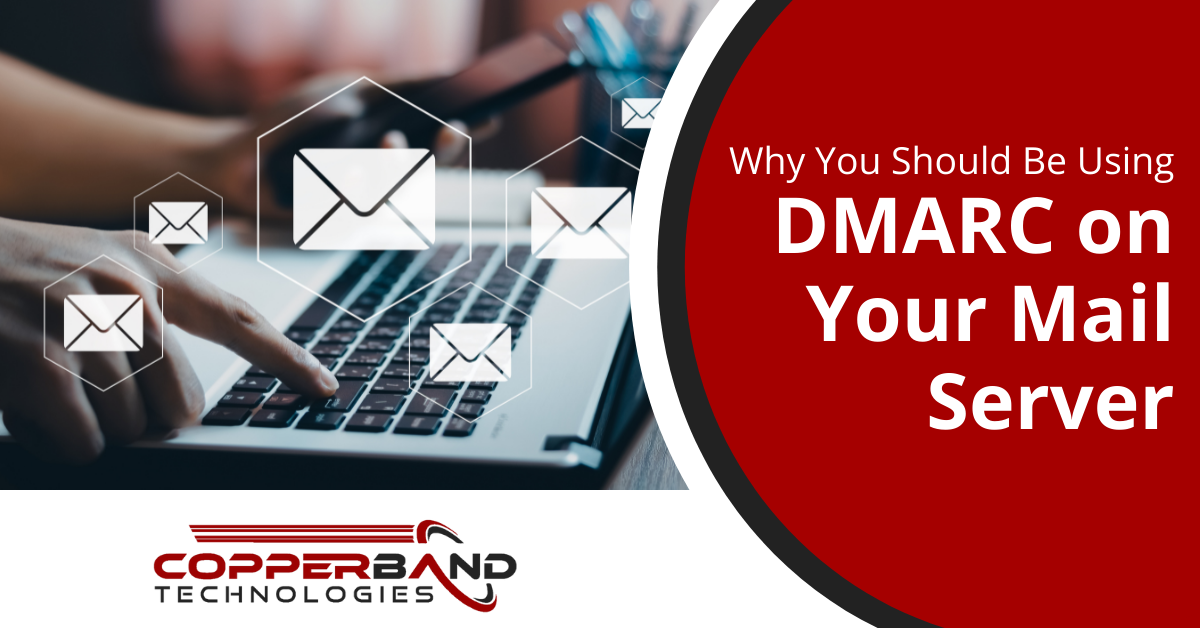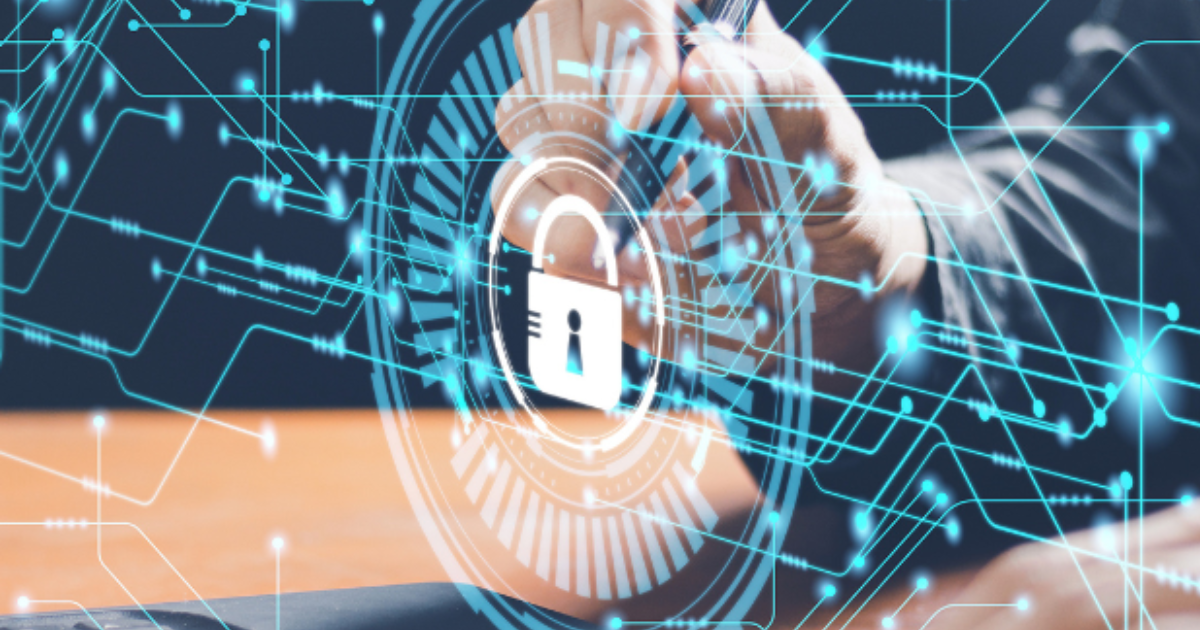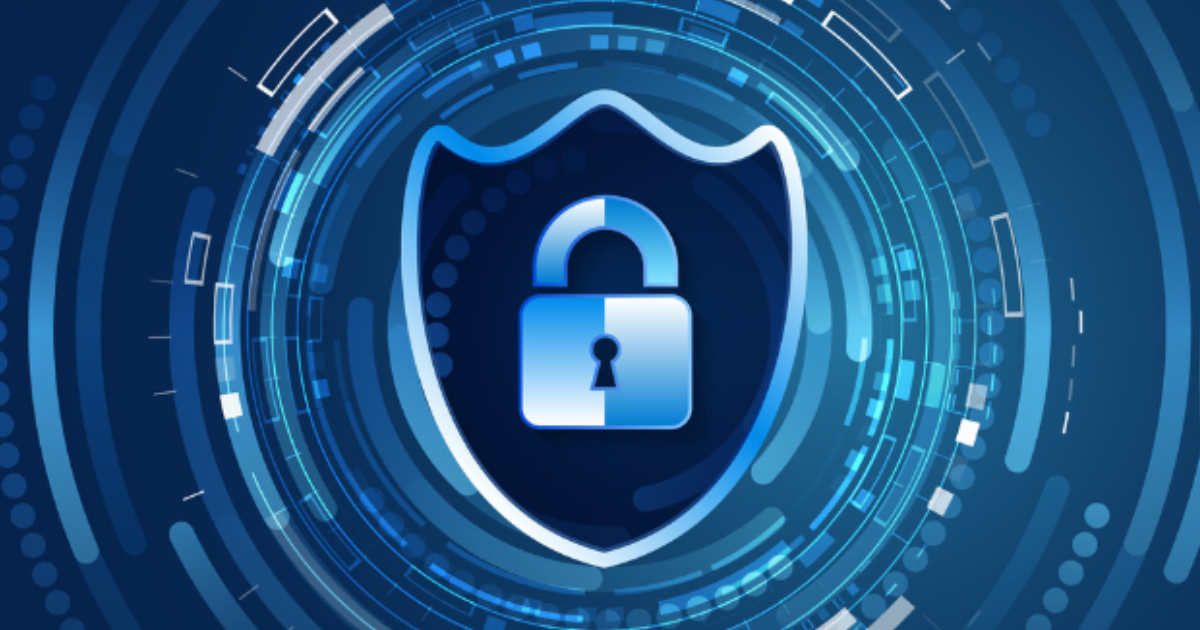Why You Should Be Using DMARC on Your Mail Server

Every day, hackers send out approximately 3.4 billion email-based cyber-attacks, like phishing or malware. Given the velocity of email threats, it’s no wonder that many businesses are worried about their email security. Often, email is the gateway via which hackers get into your company. For example, an employee may click on a fraudulent phishing email or fall for a business email compromise scam. Either way, this spells trouble for your business. Your reputation, finances, and IT systems could all be compromised by a successful email attack. It’s easy to see why hackers favor email-based attacks. They are extremely easy to carry out. All the cybercriminal needs is someone’s email address, and they can launch their pursuit. Because of this threat, improving email security is pivotal. That’s where DMARC comes in.
What Is DMARC?
DMARC is an acronym for Domain-based Message Authentication, Reporting & Conformance. It sounds complicated, but it’s quite straightforward to get your head around. Essentially, DMARC is a way of validating that emails come from reputable, trusted sources – rather than nefarious cyber criminals. DMARC is vital for protecting against email attacks like email spoofing and phishing. It utilizes two email authentication protocols you might have already heard of: the Sender Policy Framework (SPF) and DomainKeys Identified Mail (DKIM).DMARC is foundational to all modern email security tools. All businesses have an email domain that is associated with their business. It’s now common practice to report your domain to DMARC, so that you can ensure that only legitimate people are communicating using your domain. This gives businesses more visibility and control over how their domain is being used, which helps to prevent scammers from manipulating their employees, clients and partners.
Every Business is a Target
Don’t make the mistake of thinking that you won’t be targeted by scammers because you’re a ‘small fish’. While you might believe that hackers only target large, multinational corporations, this is far from the case. In fact, many cybercriminals prefer to target SMBs with email attacks, as they know they won’t have as robust defenses as the big guys. To exemplify this point, here are some vital stats:
- More than 1 in 4 data breaches in the US in 2020 involved small businesses.
- Phishing attacks are responsible for more than 80% of reported security incidents.
- 60% of small businesses that are victims of a cyber attack go out of business within six months.
Saying this, some SMBs do realize the importance of email security – but they’re not sure where to start. Many don’t have an internal IT person to help them set up DMARC.
Why Is DMARC an Important Part of Email security?
If Implementing DMARC is an obstacle your company needs to overcome, it’s well worth taking on the challenge. It’s vital that your employees, customers and partners can trust your email communications. And DMARC is crucial to building this trust. With DMARC implemented, you’ll be able to quickly spot and prevent phishing attacks in action. You’ll also be able to catch more complex email threats like business email compromise and malware, which will help you to avoid potential ransomware attacks and costly downtime. A few years ago, email authentication models like DKIM and SPF were enough to spot phishing.
Today, though, cybercriminal techniques have become more sophisticated and stealthy, often bypassing traditional security techniques without being caught. That’s why you need a combination of DMARC, SPF and DKIM for ultimate email security. Here’s how that works in practice. Essentially, SPF works by limiting the email servers that can send emails from your domain name, which is excellent for preventing email spoofing. DKIM works separately by automatically verifying incoming emails to ensure that they are from a legitimate sender – and that the contents of the email are as they should be. DKIM is vital for reducing spam. As you can see, SPF, DKIM and DMARC combined make for holistic email protection.
Choosing an Email Security Solution for your Company
Implementing DMARC, SPF and DKIM doesn’t have to be complex. There are a host of powerful email security solutions out there, which also incorporate anti-malware and anti-virus, to provide you with complete email protection. Finding the right email security solution for your budget can be challenging without the internal expertise. Moreover, managing your email solution takes ongoing effort and understanding of security. If you’d like support with email security, consider working with an IT services provider like us. We can help you bolster your email security. We’ll take a holistic approach to improving your company’s defenses, considering email and web security, proper communication policies, and of course regulatory compliance.
When Did You Last Have a Cybersecurity Audit?
Copperband Technologies can conduct a full cybersecurity audit for your Southern Kentucky or Middle Tennessee business to identify any areas of vulnerability in your email protections and suggest solutions. Contact us today to schedule a consultation! Call 931.263.8000 or reach us online.






